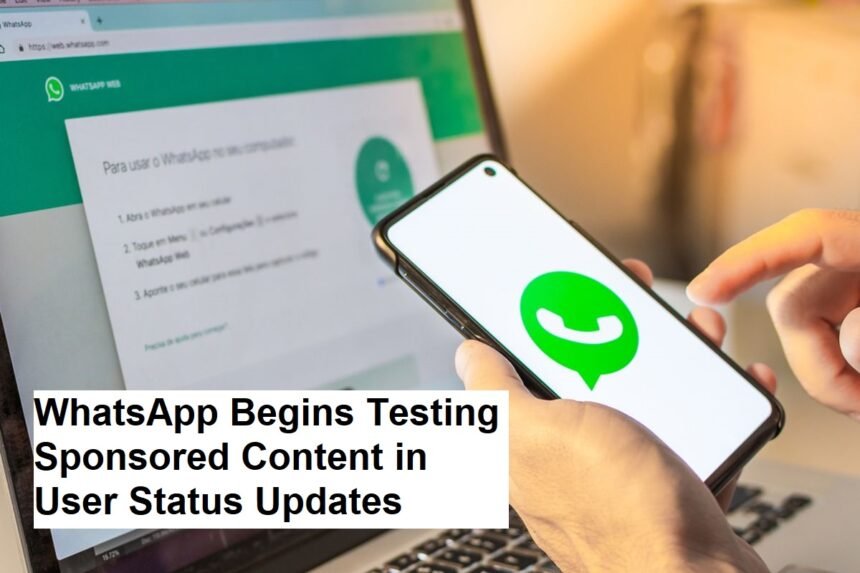Introduction
In an unexpected move, WhatsApp has begun testing a new feature that introduces advertisements in the Status section of the popular messaging app. This development marks a significant shift in WhatsApp’s approach to revenue generation, moving from a primarily ad-free platform to exploring targeted advertising within its core features.
Background: WhatsApp’s Business Model Evolution
Founded in 2009 and acquired by Facebook (now Meta) in 2014, WhatsApp has long prided itself on providing a clean, user-focused messaging experience without ads. Unlike platforms like Facebook and Instagram, which heavily monetize through advertising, WhatsApp has largely remained free of ads to preserve its privacy-centric ethos.
However, with over two billion users worldwide, WhatsApp presents a lucrative opportunity for targeted advertising, especially given the app’s integration with Facebook’s extensive data ecosystem. The company has been cautious, testing business and commerce features, such as WhatsApp Business API and shopping integrations, to generate revenue indirectly.
The Testing of Ads in Status: A Strategic Move
The recent trial of ads in WhatsApp Status indicates that Facebook’s parent company is seriously considering incorporating sponsored content into the platform’s popular ephemeral updates. WhatsApp Status allows users to share images, videos, and text that disappear after 24 hours — similar to Instagram Stories and Facebook Stories.
The ads are currently visible only to a limited group of users in certain regions, such as Brazil, and are within the Status tab, blending seamlessly with personal updates. These ads appear as sponsored Status updates from businesses or brands that have paid for promotion.
Implications for Users
While the test is still in its early phases, it raises questions about user privacy, control, and overall app experience. Many WhatsApp users value the minimalistic, ad-free environment, and the introduction of ads might be seen as a shift towards monetization at the expense of user experience.
Some users have already expressed concerns on social media, fearing that ads could increase data collection or lead to intrusive marketing. Others worry about how these changes might affect the app’s built-in end-to-end encryption, which is crucial for privacy.
What Could This Mean for the Future?
If WhatsApp’s ad testing proves successful and is rolled out broadly, it could significantly alter the app’s landscape. Instead of being a purely communication-focused platform, WhatsApp might become a hybrid space where users can also engage with targeted advertisements.
However, Facebook has stated that user privacy remains a priority, emphasizing that ads in Status will be based on the data shared with business accounts rather than personal chats, which are end-to-end encrypted.
Furthermore, integrating ads might help WhatsApp monetize its massive user base more effectively, providing additional revenue streams and supporting the development of new features.
What Should Users Expect?
- Gradual Rollout: The advertising feature is currently in testing; widespread implementation depends on user feedback and regulatory considerations.
- Transparency: Meta has promised transparency about how ads are targeted and how user data is used.
- Optionality: Future updates may include settings that allow users to opt-out of seeing ads, maintaining a better user experience.
Conclusion
WhatsApp’s step into testing ads in the Status feature marks an important milestone in its evolution towards monetization. While still in the experimental phase, this move signals that the platform is exploring new ways to generate revenue while attempting to balance user privacy concerns.
As this feature develops, users should stay informed about updates and privacy policies. Whether ads will enhance the experience or detract from WhatsApp’s core values remains to be seen, but one thing is clear — the messaging giant is heading into a new era of potential revenue streams.












